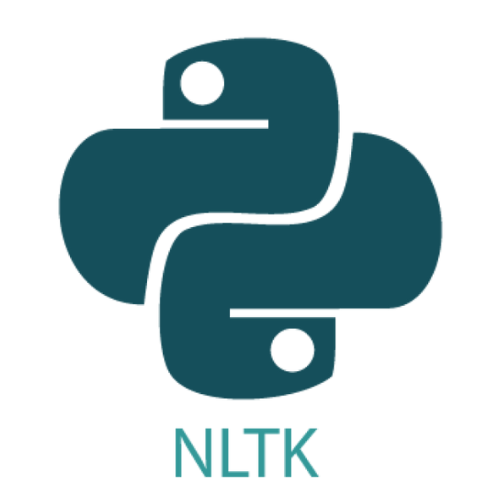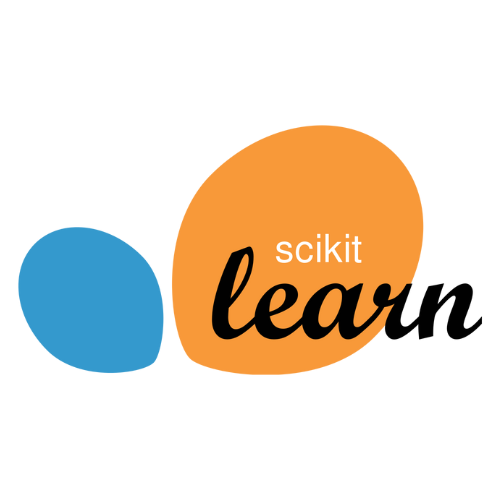Course description
- Enhanced Efficiency and Productivity
- Data-Driven Decision Making
- Improved Customer Experience
- Innovation and Problem Solving
- Healthcare Advancements
- Enhanced Security
- Accessibility and Inclusivity
- Economic Growth
- Artificial Intelligence (AI) is the simulation of human intelligence processes by machines, especially computer systems.
- These processes include learning (acquiring information and rules for using the information), reasoning (using rules to reach approximate or definite conclusions), and self-correction.
- AI has become an integral part of various industries, transforming how we live, work, and interact with technology.
- Artificial Intelligence (AI) is the simulation of human intelligence processes by machines, especially computer systems.
- These processes include learning (acquiring information and rules for using the information), reasoning (using rules to reach approximate or definite conclusions), and self-correction.
- AI has become an integral part of various industries, transforming how we live, work, and interact with technology
- Introduction to Artificial Intelligence
- Problem Solving and Search Algorithms
- Knowledge Representation and Reasoning
- Machine Learning Fundamentals
- Neural Networks and Deep Learning
- Natural Language Processing (NLP)
- Computer Vision
- Robotics and Autonomous Systems
- Ethics and Social Implications of AI
- Advanced Topics in AI
- AI Development and Deployment
- Final Project

FLASK

NLTK LIB

Python

Scikit-learn
Annual Salary
Source: Glassdoor
Hiring Companies





Source: Indeed
Annual Salary
Source: Glassdoor
Hiring Companies





Source: Indeed
Annual Salary
Source: Glassdoor
Hiring Companies





Source: Indeed
Annual Salary
Source: Glassdoor
Hiring Companies





Source: Indeed
Why STELLARAA









CAPSTONE PROJECTS
Handwritten Digit Recognition using CNN
AI Chatbot for Customer Support
CERTIFICATIONS



ESSENTIAL
₹5999
- 6+ Hrs of Live Sessions
- Industrial Projects
- Recorded Videos
- Certifications
- Mentor Support
- One On One Doubt Clearing Sessions
- Placement Guidance
- Interview Assistance
ELITE
₹14999
- 24+ Hrs of Live Sessions
- Industrial Projects
- Recorded Videos
- Certifications
- Mentor Support
- One On One Doubt Clearing Sessions
- Placement Guidance
- Interview Assistance
Recognized By
.png)
.png)
.png)
.png)
.png)
.png)
Prestigious Partner





Credential Platform Partners
.png)
Training Partner
.png)
.png)
What Our Students Say
Contact us
Connect with us to experience seamless communication. we value open dialogue and are eager to engage with you. whether you have questions, ideas, or feedback, we are here to listen and respond.
support@stellaraa.com,
collabs@stellaraa.com
Get in touch
Our address
AMR Tech Park Internal Rd,
Garvebhavi Palya,
Karnataka 560068
Office hours
11:00 AM - 8:00 PM














 Contact Us
Contact Us